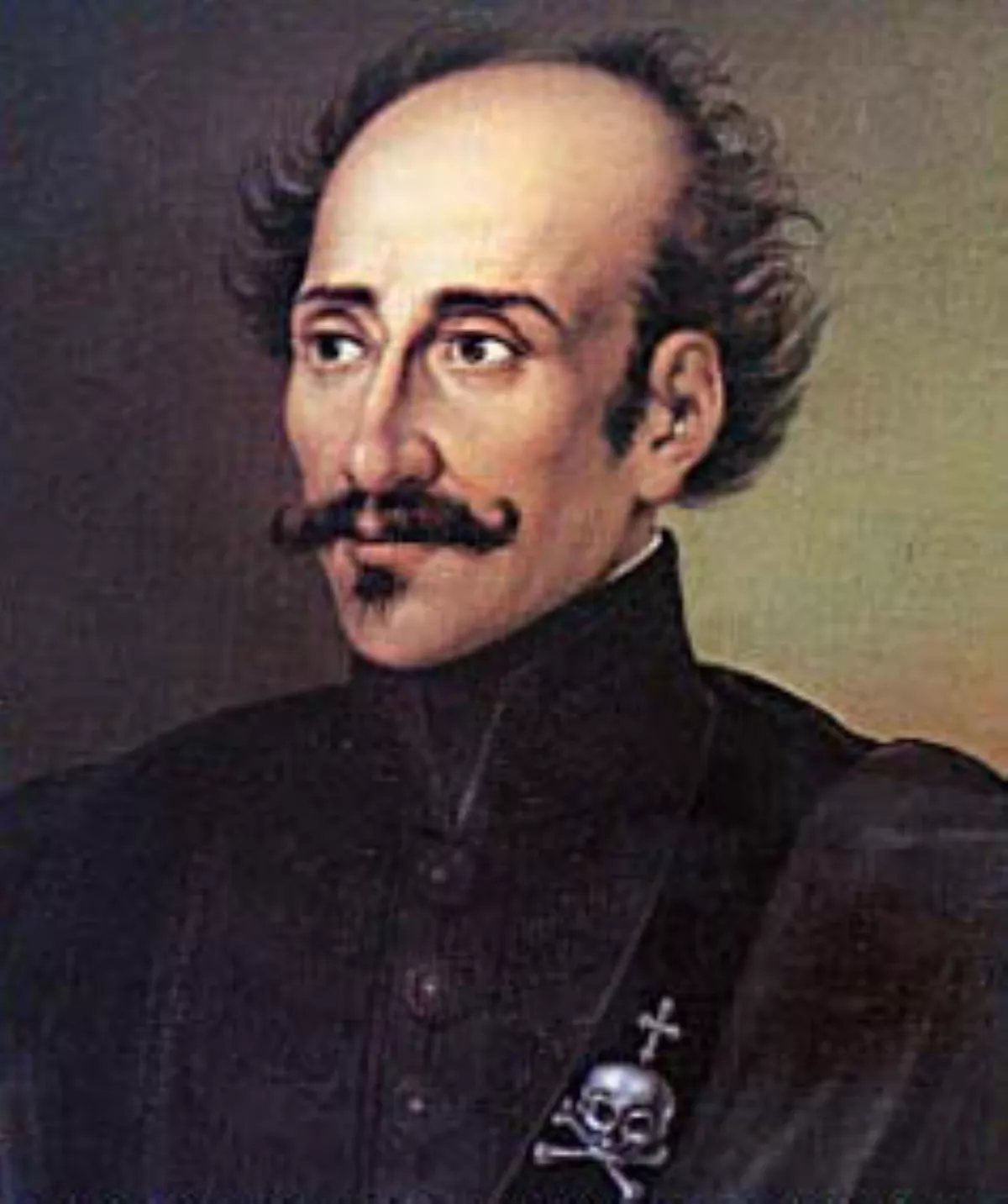 1.
1. Alexandros Ypsilantis was a Greek nationalist politician who was member of a prominent Phanariot Greek family, a prince of the Danubian Principalities, a senior officer of the Imperial Russian cavalry during the Napoleonic Wars, and a leader of the Filiki Etaireia, a secret organization that coordinated the beginning of the Greek War of Independence against the Ottoman Empire.